Last update September 8, 2025
Japanese Food - Nori -

Nori
のり, 海苔
Dried Seaweed
According to historical records, Nori is one of the most popular comestibles consumed since the Nara Period (710-784). Mostly available in dried, thin sheets; one type is seasoned and cut into strips or strings, while the other, non-cut, plain kind has no taste. Now that it has become somewhat known globally, but decades ago, non-Japanese people might have wondered how come those black papers (actually, that is how Nori looks) can be eaten! The seasoned, strip-type is called “Ajitsuke-Nori” (seasoned Nori) and is usually used for Nori Maki (a rice ball wrapped with Nori). The non-seasoned Nori is used for making Maki Zushi (Sushi rolls). There are also a powdered type called Ao Nori (green Nori), an indispensable sprinkle for Okonomi-yaki and Takoyaki, and a paste type that can be spread over Gohan. The black colour may seem unusual for a food item, but Nori is an essential national food item for Japanese people.
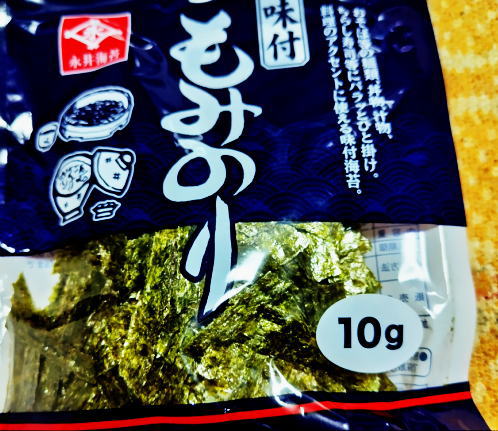
Momi-nori product (a low-priced product containing odd pieces left after cutting out regular sheets or strips).
|
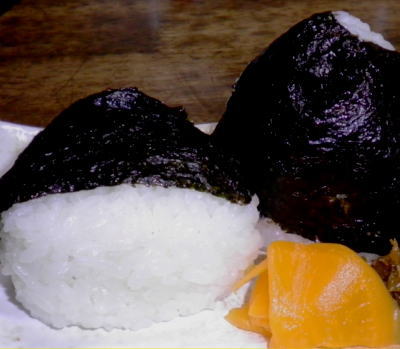
Omusubi or rice balls wrapped in a Nori sheet.
|
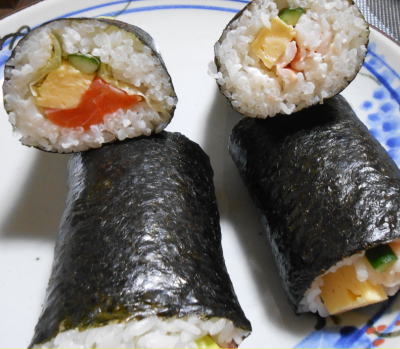
Ehōmaki wrapped in Nori.
|
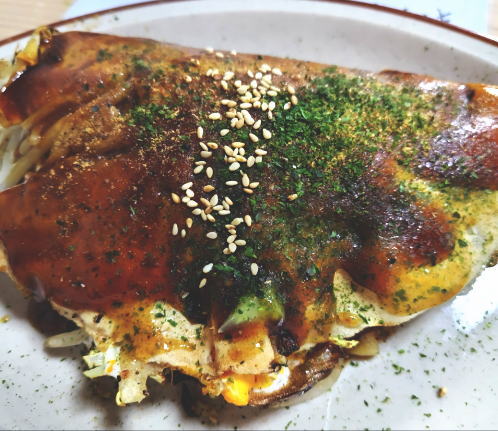
Okonomi-yaki with Ao Nori sprinkled.
|
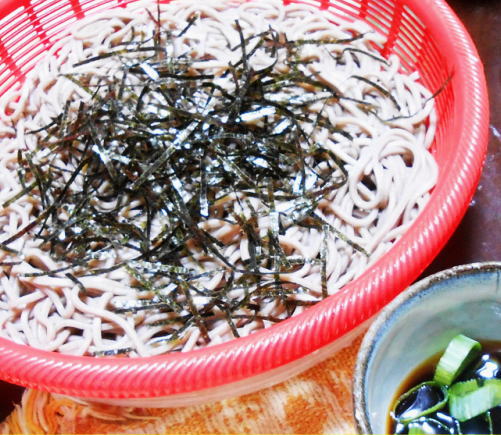
Zaru Soba with Nori threads topping.
|
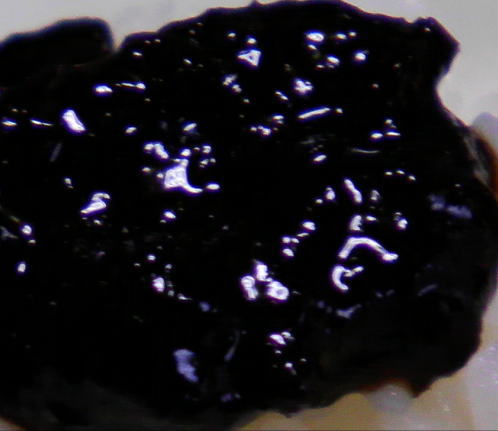
Paste-type Nori placed on Gohan.
|

Momi-nori product (a low-priced product containing odd pieces left after cutting out regular sheets or strips).

Omusubi or rice balls wrapped in a Nori sheet.

Ehōmaki wrapped in Nori.

Okonomi-yaki with Ao Nori sprinkled.

Zaru Soba with Nori threads topping.

Paste-type Nori placed on Gohan.
|
|


























